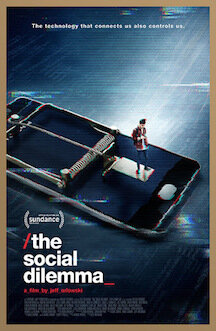Direction: Oz Rodriguez
Country: USA
More feel-good than squeamish, Vampires vs. The Bronx connects with the viewers through a trio of charismatic young characters. In fact, this small bloodsucking spin provides a few laughs but it’s scarce in tension, telling the story of three brave teenage friends who join forces to save their Bronx neighborhood from a real-estate machination led by merciless vampires.
The non-elaborate scenarios and relaxed posture generate a likable indie flavor but the film would have drawn more attention if the director Oz Rodriguez, who co-wrote it with Blaise Hemingway, had put a fresh perspective on the pop, urban vampirism. All the same, up-to-date topics such as gentrification, mischaracterization of emblematical neighborhoods and a moving sense of community are present. Limited yet watchable horror-comedy.






































